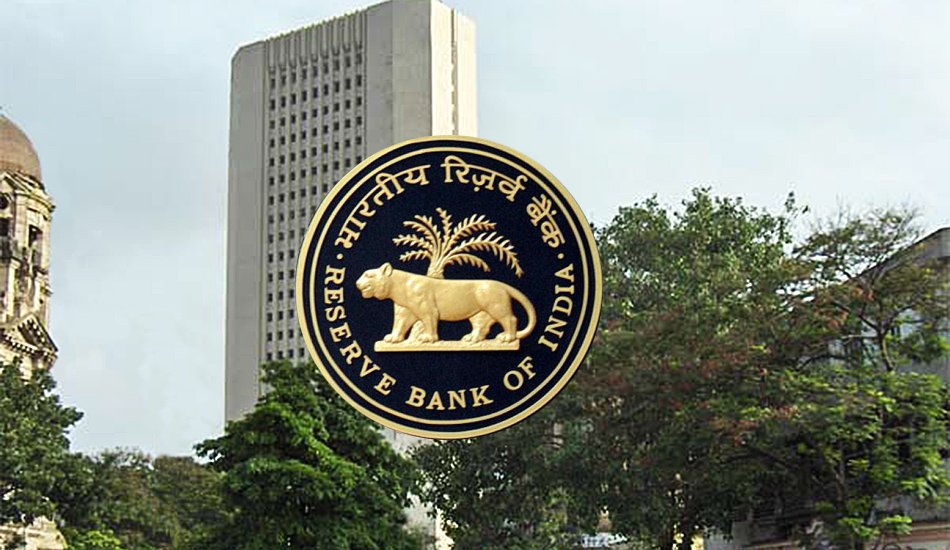The research arm of the Reserve Bank of India (RBI), India’s central bank, has completed an end-to-end blockchain technology test involving regulators, banks, financial institutions and clearinghouses, the Economic Times reports.
RBI’s Institute for Development and Research in Banking Technology (IDRBT) developed and tested a proof of concept (PoC) for a blockchain-based trade finance application, with the active participation of National Payments Corporation of India (NPCI), banks and solution providers.
The IDRBT, which wants to be “the premier and preferred Research and Development Institution on Financial Sector Technology and its Management, working at the intersection of Banking and Technology for the Indian Banking,” evaluates technology requirements for the Indian financial sector and develops state-of-the-art banking technology products.
The project was developed in collaboration with technology partner MonetaGo, a provider of blockchain technology solutions for financial institutions and central banks. MonetaGo, based in New York, provides tools for financial institutions to get started with intra- and interbank payments on private permissioned blockchains that are owned and operated by the participants, and interoperable with existing real-time payments and settlement systems and core banking systems.
According to MonetaGo CEO Jesse Chenard, the project is the first ever, end-to-end test of blockchain technology using existing banking protocols, including regulators, banks, financial institutions and clearinghouses. “Most bank experiments to date have been either with single institutions or with only a couple of parties to a transaction,” said Chenard. “And then again, those have been in closed sandbox environments that were deployed simply for testing purposes.”
Chenard added that interoperability with existing banking systems, processes and settlement mechanisms is an important concern. He also emphasized that the deployment of blockchain-based fintech solutions needs robust standards in place, and that’s why MonetaGo keenly participates in the Hyperledger Project led by the Linux Foundation.
Chenard noted that, while today’s regulatory approach to blockchain technology is still “unfriendly” and driven by a perception of blockchain technology as an enabler of illegal activities, regulators should embrace the blockchain as a useful tool able to provide greater visibility and transparency in real time into the actual transaction records than was previously possible. “This innovation has the potential to bring about additional financial stability and market efficiency, which is why many regulators are taking a cautionary but optimistic approach,” said Chenard.
The IDRBT published a white paper titled “Applications of Blockchain Technology to Banking and Financial Sector in India,” also included in a MonetaGo news release titled “MonetaGo Successfully Demonstrates the Effectiveness of Blockchain Technology in Collaboration with Indian Banking Authorities and Major Banks.” The white paper was developed with the participation of a working group that, besides RBI and MonetaGo, included the State Bank of India, Punjab National Bank, Bank of Baroda, ICICI Bank, HDFC Bank, Axis Bank, Citibank, Deutsche Bank, Infosys, IBM Research, Deloitte and other partners.
The white paper includes a proposed roadmap for the gradual adoption of blockchain technology in the Indian banking and financial sector. The roadmap recommends that banks should run internal experiments and pilot projects first, and then move to interbank applications such as centralized KYC (Know Your Customer), cross-border payments, syndication of loans, trade finance, capital markets, supply chain finance, bill discounting, monitoring of consortium accounts and servicing of securities.
The central bank itself, following other central banks including those of Canada, England, Sweden and the Netherlands, should start exploring the idea of using blockchain technology to digitize the national currency, which would facilitate the transition to a cashless society. “From a technological perspective, we feel that BCT [(blockchain technology)] has matured enough and there is sufficient awareness among the stakeholders which makes this an appropriate time for initiating suitable efforts towards digitizing the Indian Rupee through BCT,” the white paper reports.
“IDRBT has taken the initiative of exploring the applicability of BCT to the Indian Banking and Financial Industry by conducting a workshop involving all the stakeholders such as the academicians, bankers, regulators and technology partners,” said R. Gandhi, deputy governor of RBI and chairman of IDRBT. “In the process, the participants of the workshop came together to bring out this white paper detailing the technology, concerns, global experiences and possible areas of adoption in the financial sector in India. I congratulate IDRBT for the timely initiative and trust that the white paper provides the necessary impetus toward accelerating the adoption of this innovative technology.”







